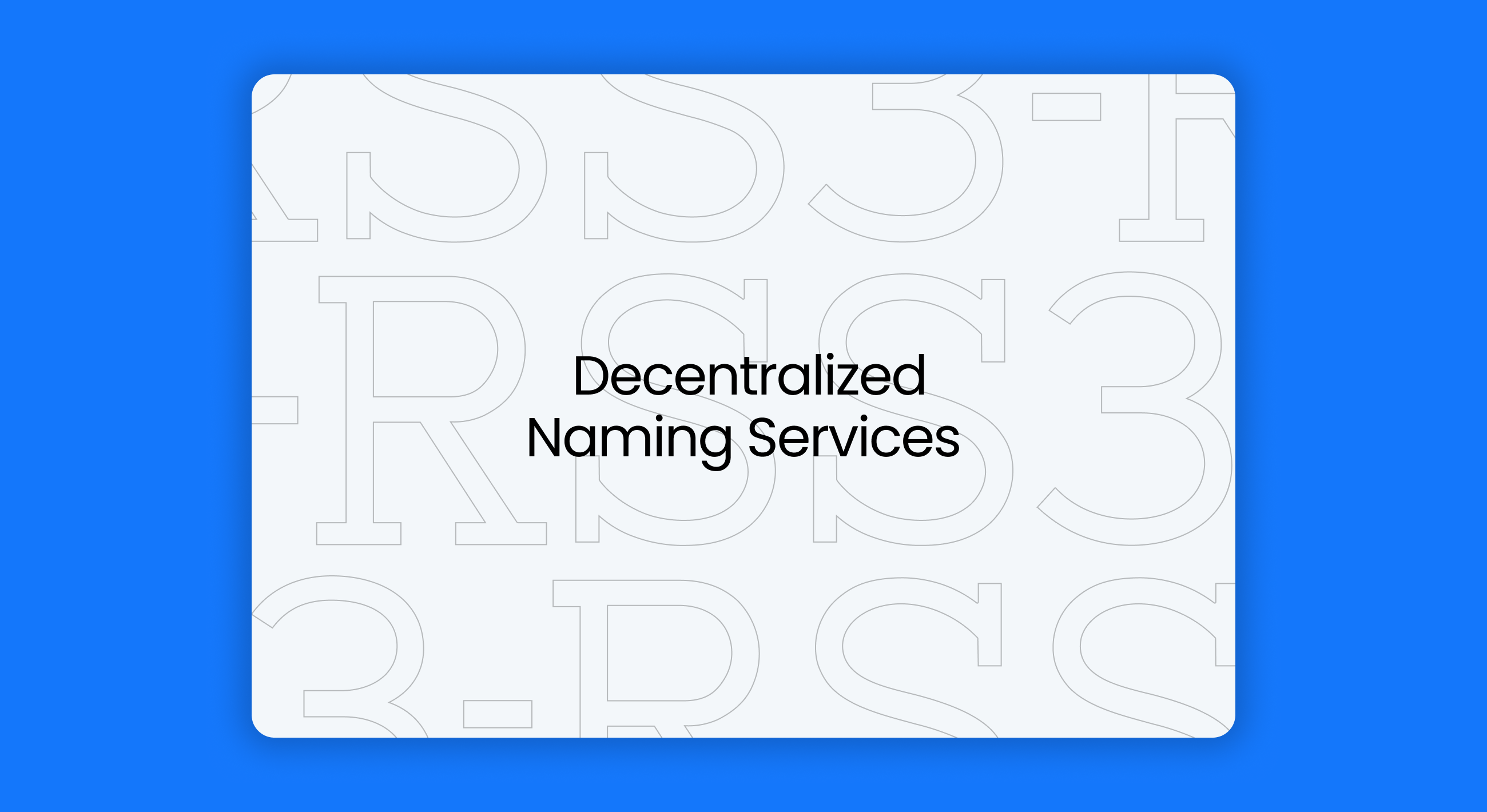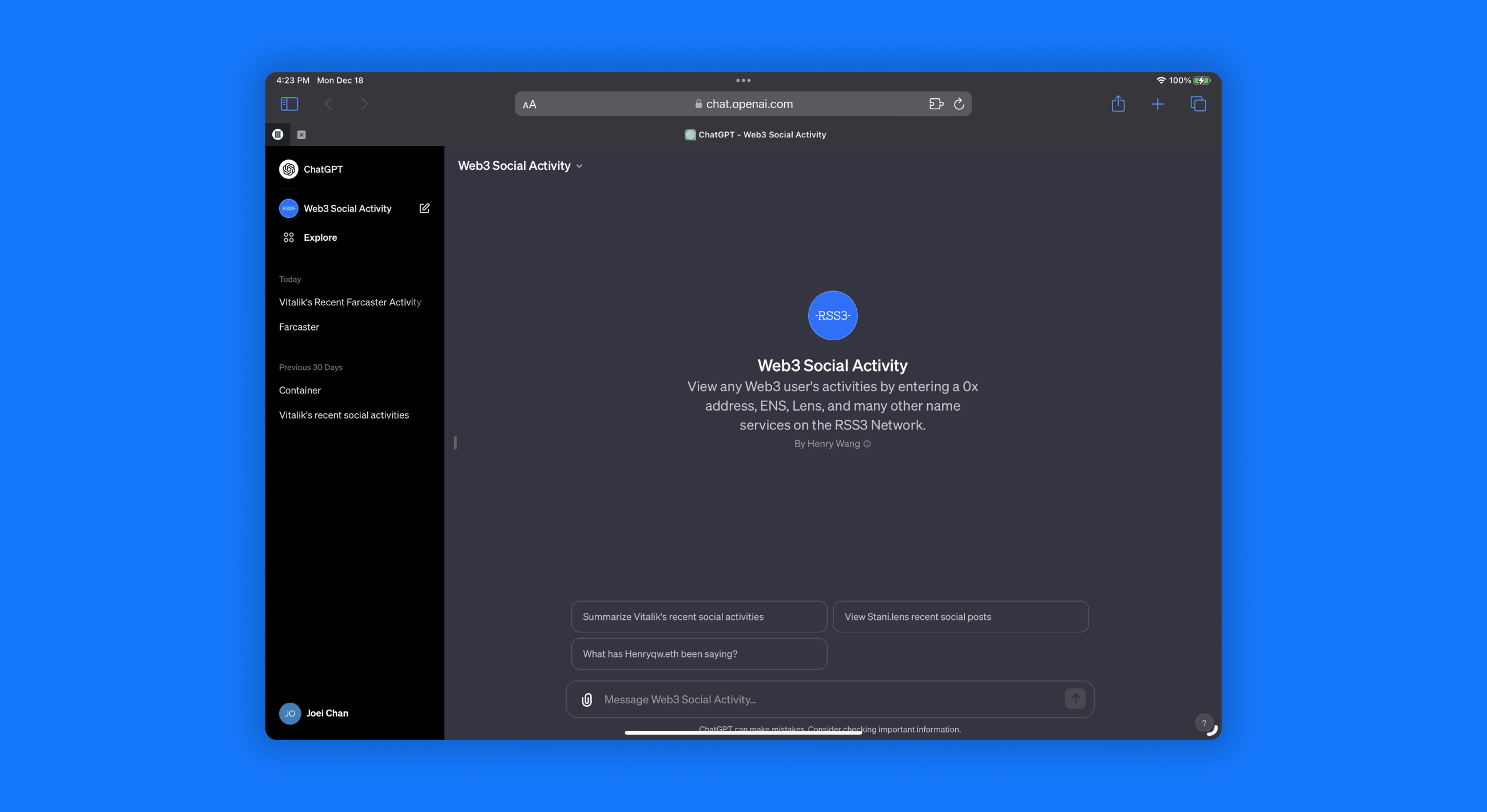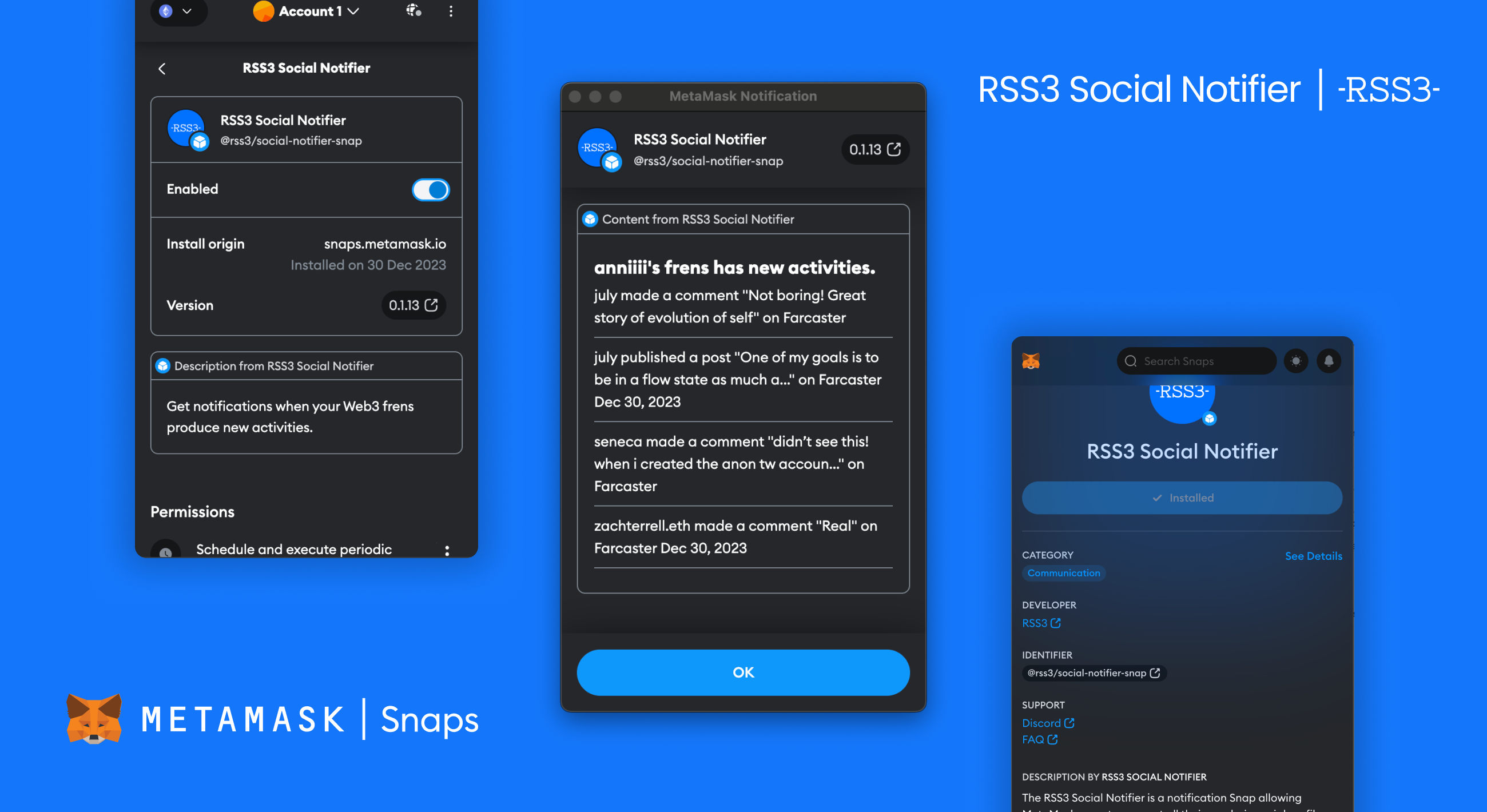About Decentralized Name Services
Decentralized name services are simplifying access and functions in web3. Just like traditional domain name servers (DNS), decentralized name services provide human-readable names such as ‘alice.eth’ pointing to machine-readable identifiers such as Ethereum addresses or addresses of different blockchains. For example, among the different name services, Ethereum Name Service (ENS) was Ethereum's first decentralized name service, allowing users to link wallet addresses, social accounts, or Web2 DNS to their ENS handles. Decentralized name services are challenging traditional DNS in Web2 through innovative utilities and Web3 accessibilities.
TL;DR
The rise of name services on different decentralized networks has led to fragmented user experiences and challenges in content interoperability. RSS3, as the largest Open Information indexer, aggregated these fragmented decentralized name services into one RSS3 Network, enabling seamless content access and sharing across platforms. This unified approach enhances user experiences, simplifies developer integrations, and promotes a collaborative, interoperable Open Web ecosystem.
Build Multi-Chain Explorer with RSS3
Situation
While the rise of decentralized name services, such as ENS, brings easier access to decentralized applications through human-readable domains, users and developers face the challenge of navigating and integrating content across multiple decentralized networks because of the fragmented networks and numerous different decentralized name services.
Challenges
- Fragmented Name Services: With multiple decentralized name services in play across numerous decentralized networks, users found it challenging to track their decentralized domains across different networks.
- Lack of Interoperability: Each naming service operates in its silo when in different networks. This lack of interoperability hindered users from seamlessly accessing and sharing content across platforms.
- Developer Hurdles: For developers, the challenge was twofold: ensuring accurate content retrieval across platforms and integrating multiple name services into a single application.
Solution: RSS3 Search
- One-Stop Indexing: RSS3 emerged as the largest decentralized name service indexer, supporting a wide range of decentralized name services and bringing interoperability to the forefront as a bridge between various decentralized name services.
- Look Up Domain Content: Through the RSS3 Search API, builders could effortlessly find on-chain activities via different name services across decentralized networks and blockchains, ensuring accuracy and ease.
- Multi**-Chain Name Services**: RSS3 allowed users and developers to catch up with on-chain activities across multiple blockchains through various name services.
- Unlocking the Open Web's Potential: With RSS3, users could explore seamlessly across the Open Web, searching different name services across different blockchains to view complete activities.
Outcomes
- Enhanced User Experience: Users can seamlessly navigate their multi-chain activities from a single interface.
- Boosted Developer Productivity: Developers benefited from a streamlined process, easily integrating multiple name services into their applications.
- Promotion of Interoperability: RSS3's support fostered an interoperative environment among decentralized name services, even among different blockchains and networks.
- Growth in Adoption: With the challenges of fragmentation and interoperability addressed, more users and developers are drawn to decentralized name services, further strengthening the Open Web ecosystem.
In conclusion, RSS3's support for decentralized name services across blockchains has showcased a mutually beneficial solution. It not only enhanced the user and developer experience but also realized the vision of a more unified and interoperable Open Web.


